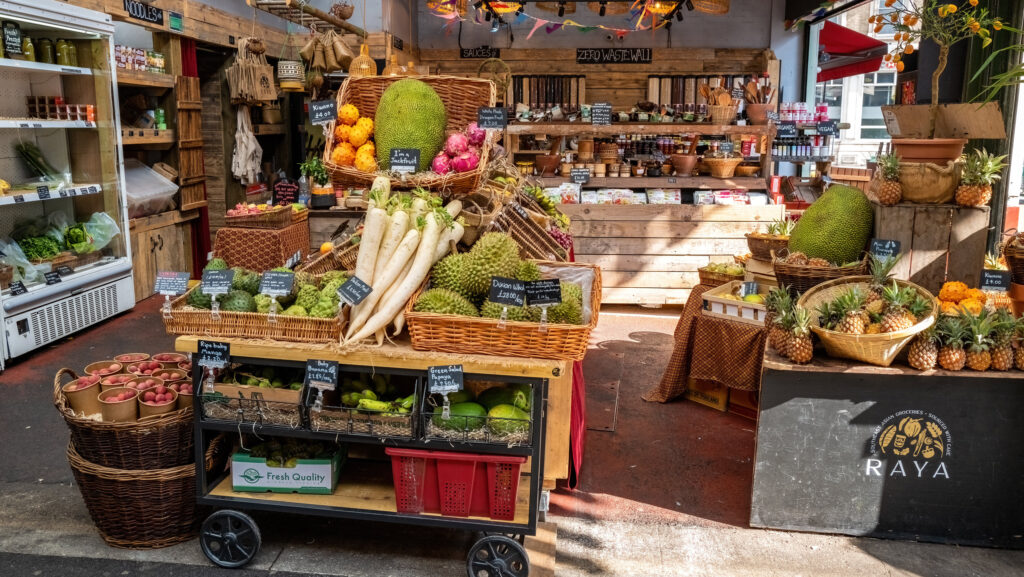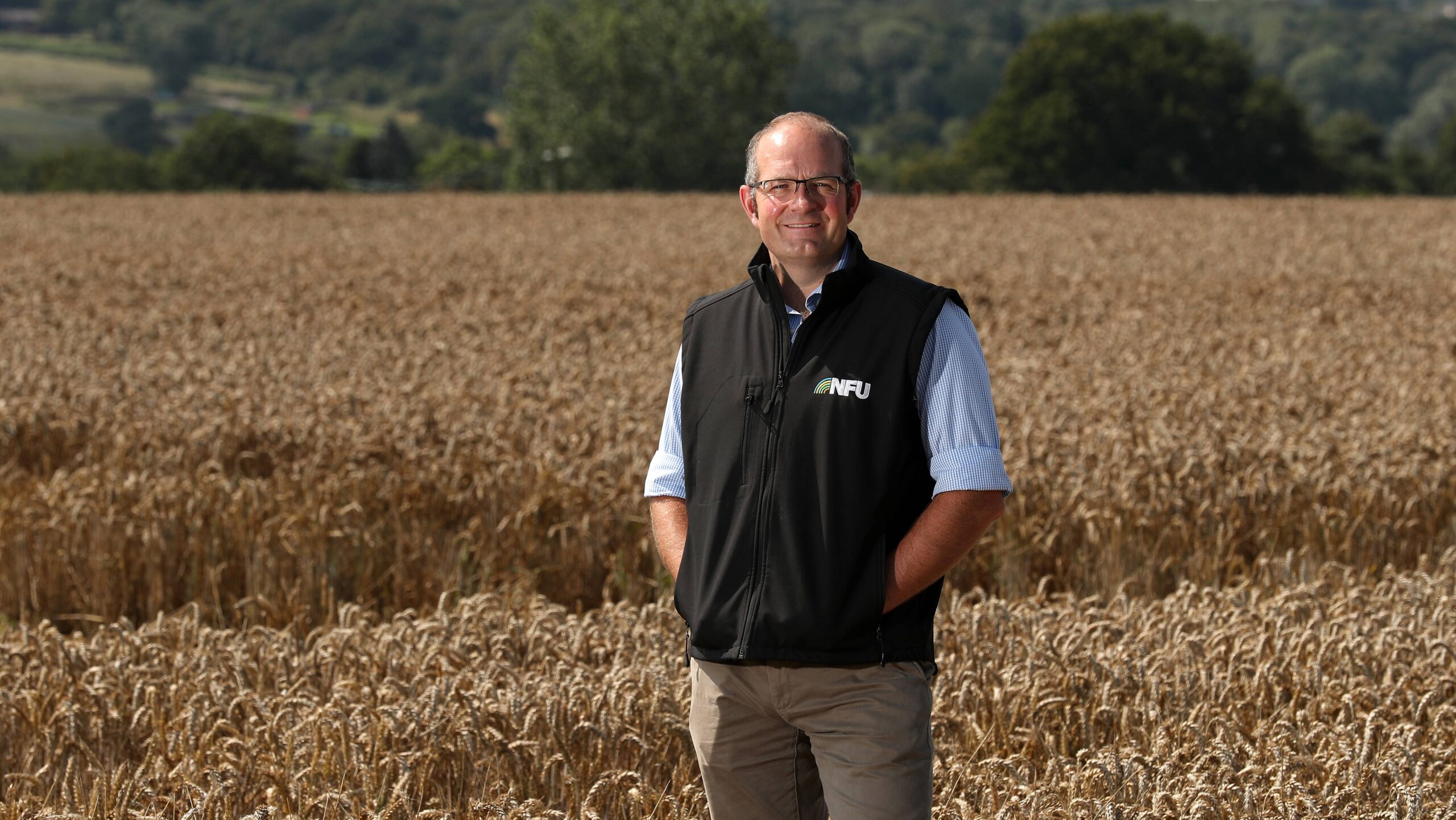Government must act now to tackle food security, NFU says
 © Adobe Stock
© Adobe Stock The NFU is urging the UK government to prioritise and enhance the country’s self-sufficiency in food production amid rising global instability and climatic challenges.
As of 2023, the UK is 62% self-sufficient in food, according to Defra statistics – a level that has remained stable over the past decade.
However, there are worrying declines in key sectors such as fresh vegetables, where self-sufficiency has dropped to just 53%, the lowest since records began in 1988.
See also: Farmers Weekly Podcast Ep 216: Bigger budget needed for food security
On 14 August, the day the national larder would run empty if we only ate food produced in the UK from 1 January, the NFU is highlighting the need for a robust policy framework and increased investment in agriculture to ensure the UK’s self-sufficiency does not fall below current levels.
Key asks
Key recommendations include a multi-year agriculture budget, a statutory commitment to maintain self-sufficiency levels, and policies to ensure food imports meet the same standards as domestic produce.

NFU president Tom Bradshaw © Adam Fradgley
The NFU is also demanding enhanced support for the UK horticulture sector and updates to planning policies to favour food production.
These measures are seen as critical to safeguarding the nation’s food supply amidst global uncertainties, ensuring that British families continue to have access to affordable and nutritious food.
The call for action comes as UK farmers face unprecedented challenges, including extreme weather, rising production costs, and declining business confidence, all of which threaten the nation’s ability to produce food.
Record-breaking global temperatures have severely impacted key exporting countries such as Spain and Morocco, leading to a significant drop in imports of tomatoes and lettuce, contributing to noticeable shortages on UK shop shelves.
NFU president Tom Bradshaw said: “Farmers produce the raw ingredients that underpin our food and drink sector, the largest manufacturing sector in the UK, worth £146bn and employing more than four million people.
“That is why investment in Britain’s farming sector is so important, so where we can increase self-sufficiency in homegrown foods, we do.”
Labour recognition
The NFU has welcomed the new Labour government’s recognition that “food security is critical to national security”. But it says Labour must now introduce measures to safeguard the nation’s food supply and secure the future of British farming.
In its election manifesto, Labour committed to introducing a target for half of all food purchased across the public sector to be locally produced or certified to higher environmental standards.
